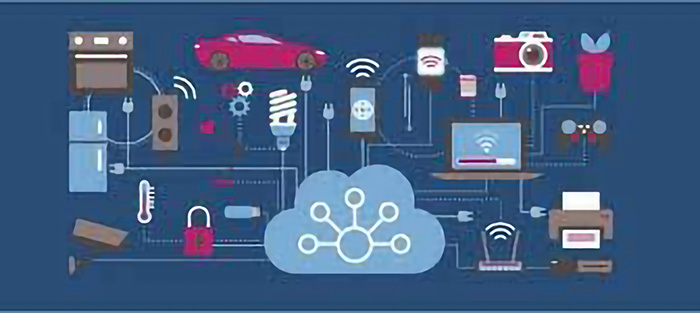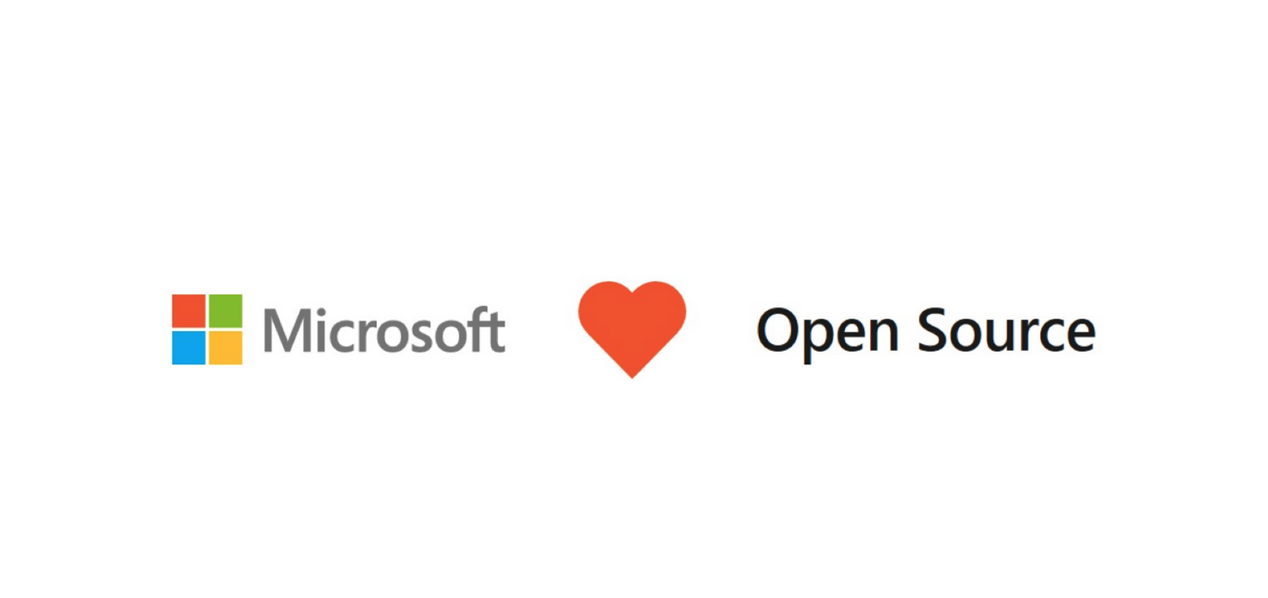By Thomas Bioud, Open-Xchange VP Sales France and Benelux
The phone call that Barack Obama made last week to François Hollande to tell him that the American intelligence services are no longer tapping his phone was so cringe-worthy and that you really didn’t know whether to laugh or cry. Laugh, because the manner in which we’re learning the true extent of the NSA’s snooping in recent years is becoming quite farcical; or cry, because it’s just depressing how both individuals and entire nations have been compromised.
Well I had to laugh, because the timing for me was more than a little fortuitous. Incredibly, the news of Obama’s call hit the wires as I was conducting a demo of how to do secure email communication in front of hundreds of French lawyers – just a few meters away from the US embassy in Paris. Sometimes when you need a topical news hook to bring your presentations alive you get lucky and something lands in your lap, but never normally anything like this!
The members of the audience could certainly see the funny side. But they were also suddenly very glad they were there. You see, the reason I was presenting to lawyers of the Conseil National des Barreaux (which represents all 56,000 practicing lawyers in France) was because last year they decided to deploy secure email and file sharing across the organization. OX App Suite and OX Guard will guarantee French lawyers full data sovereignty and ownership of their data. As you can imagine, most of those lawyers are determined to make sure they’re up to speed and protected against any attacks on themselves or their clients’ privacy.
Naturally, some had questions about the nature of our open source systems and how secure they can be.
The answer, of course, is all about trust. Trust is absolutely fundamental in any relationship —if we hadn’t grasped that already, then the revelations of the last years about digital surveillance certainly exposed it. At Open-Xchange we believe strongly that transparency is the best way to establish trust in the software and online services we use. And the best way to build transparent software is to make it open source, because trust is always relative to control. In short, open source is the best way to ensure that no hidden back doors to the software are built in.
It’s becoming a powerful argument that’s now increasingly understood by people, and hopefully will soon be understood by everyone who values their privacy. Indeed, my message to any professional who has to protect intellectual property or sensitive client information – from doctors to financial institutions or even priests – is that they urgently consider moving their email communication to a trusted provider that uses both encryption and open source software – just like the French lawyers have!




-png-2.png)
